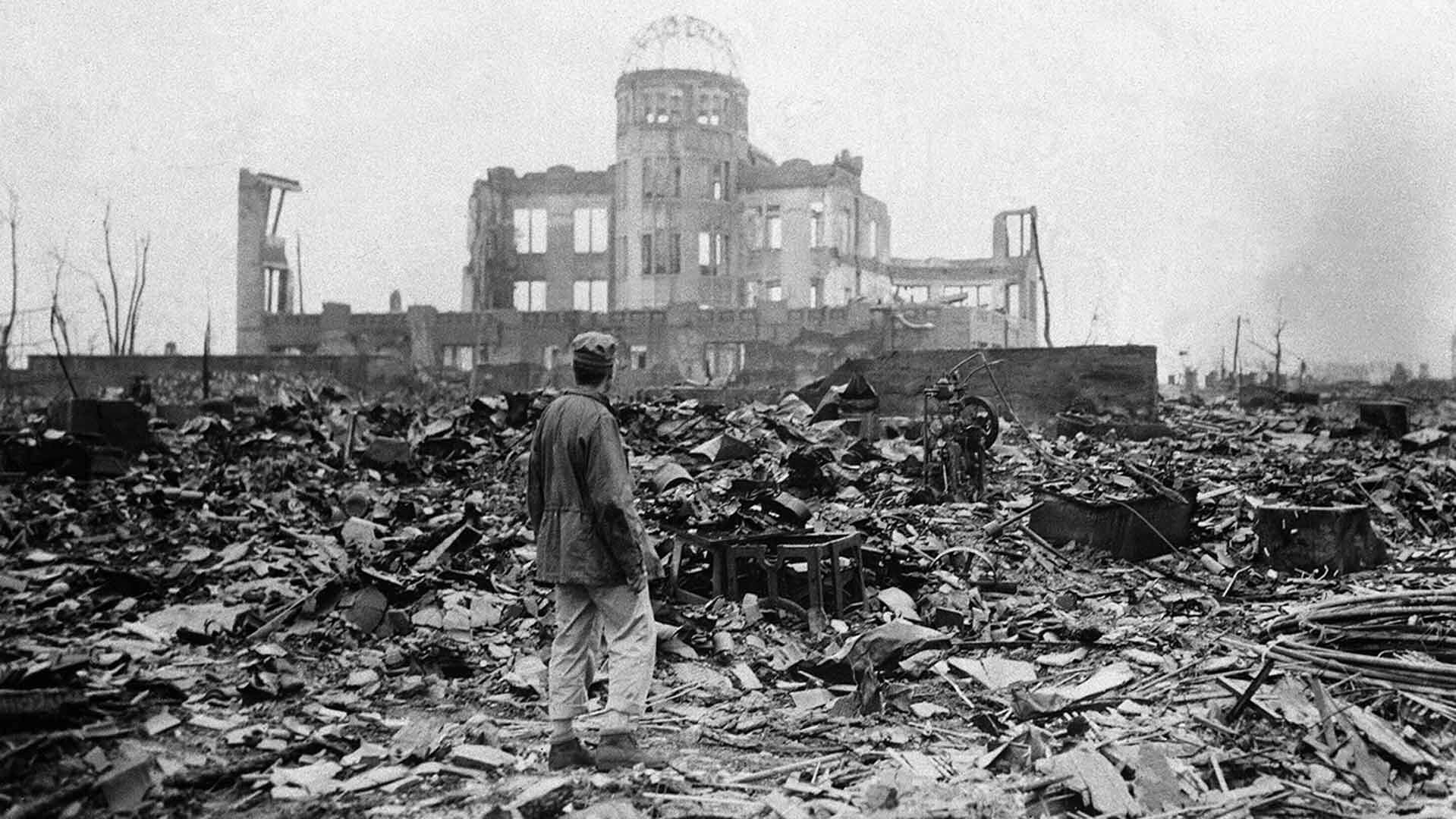Bells tolled in Hiroshima, Japan, on Saturday, August 6th, as the city marked the 77th anniversary of the world’s first atomic bombing, with officials — including the United Nations Secretary-General — warning of a new arms race following Russia’s invasion of Ukraine.
Russia invaded Ukraine on Feb. 24; shortly after the start of the invasion, Russian President Vladimir Putin obliquely raised the possibility of a nuclear strike. The conflict has also heightened concerns about the safety of Ukraine’s nuclear plants.
U.N. Secretary-General Antonio Guterres joined the thousands packed into Hiroshima’s Peace Park, at the center of the city, to mark the anniversary of the bombing that killed 140,000 in 1945. It is only the second time a U.N. Secretary-General has taken part in the annual ceremony.
“Nuclear weapons are nonsense. They guarantee no safety — only death and destruction,” Guterres said.
“Three quarters of a century later, we must ask what we’ve learned from the mushroom cloud that swelled above this city in 1945.”
WATCH | Remembering Hiroshima:

Keeping the stories of Hiroshima alive 75 years after bombing
2 years ago
Duration2:06Seventy-five years after the U.S. dropped a nuclear bomb on Hiroshima, Japan, there are fewer survivors left to talk about their experience, but a new generation has found a way to keep those memories alive.
Russian ambassador not invited to commemoration
Guterres sidestepped a direct mention of Russia, which calls its invasion of Ukraine a “special military operation.”
Hiroshima mayor Kazumi Matsui, whose city did not invite the Russian ambassador to the ceremony this year, was more pointed and critical of Moscow’s military actions in Ukraine.
“In invading Ukraine, the Russian leader, elected to protect the lives and property of his people, is using them as instruments of war, stealing the lives and livelihoods of civilians in a different country,” Matsui said.
San Miguel Times
Newsroom

